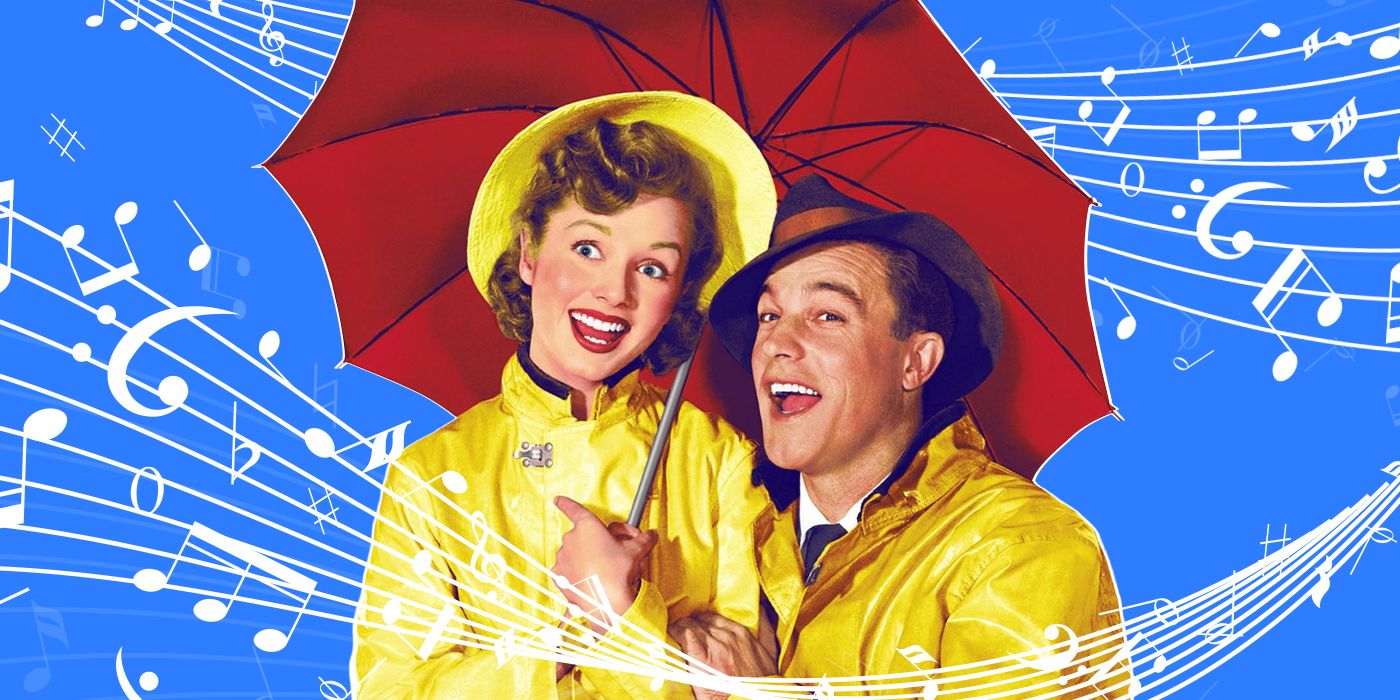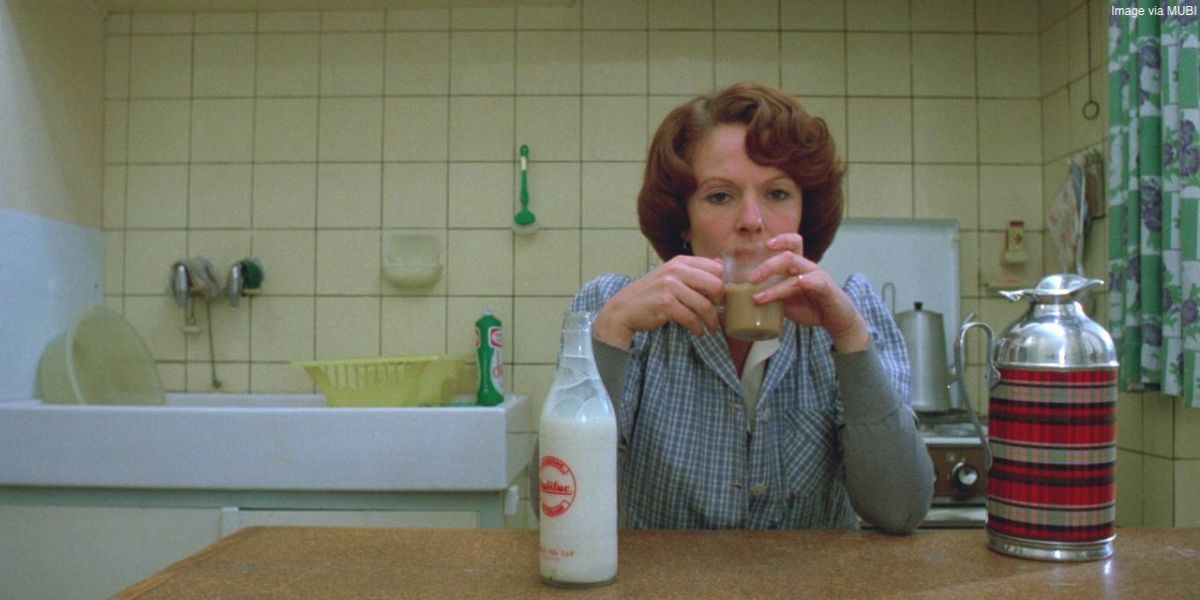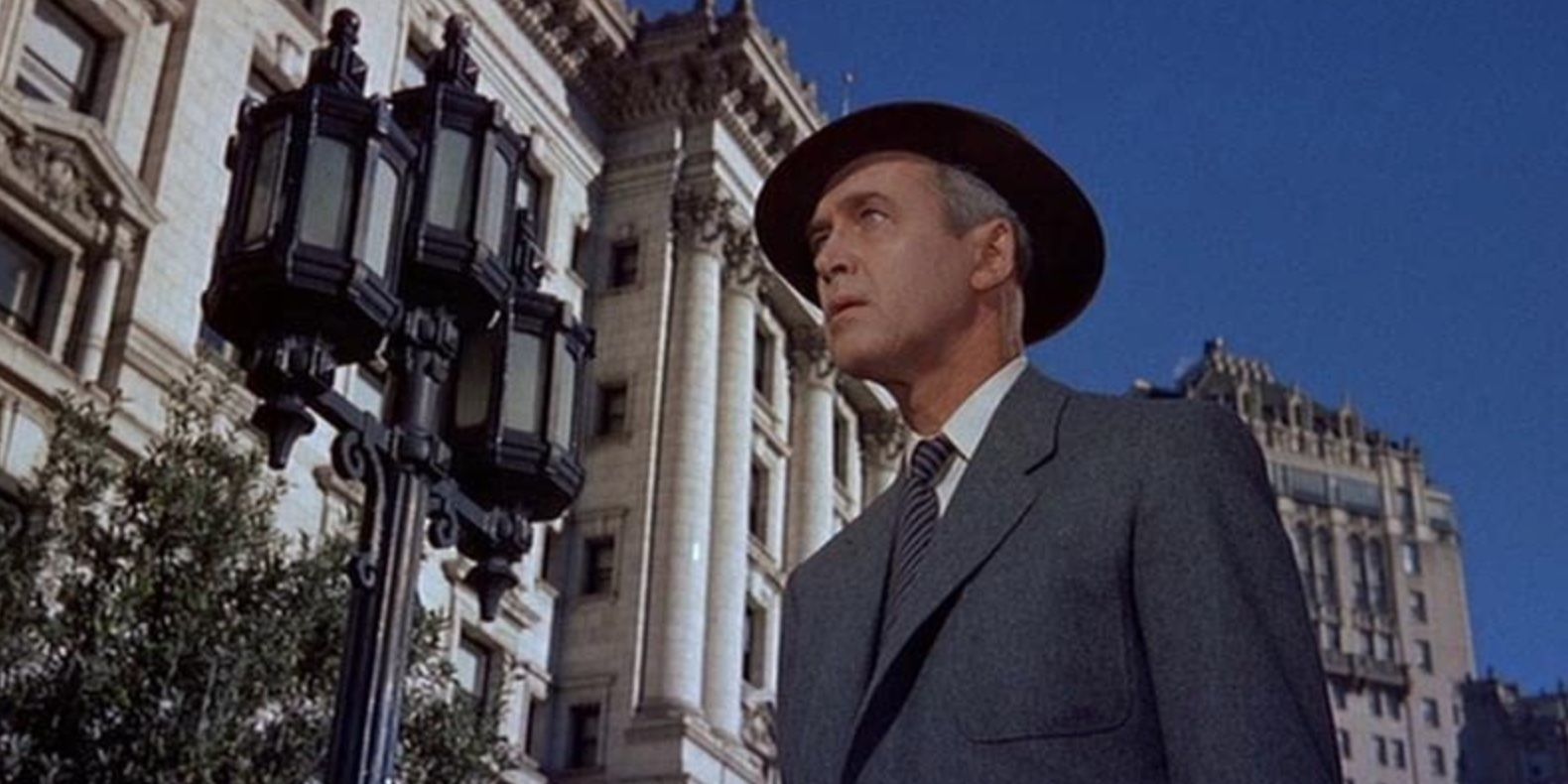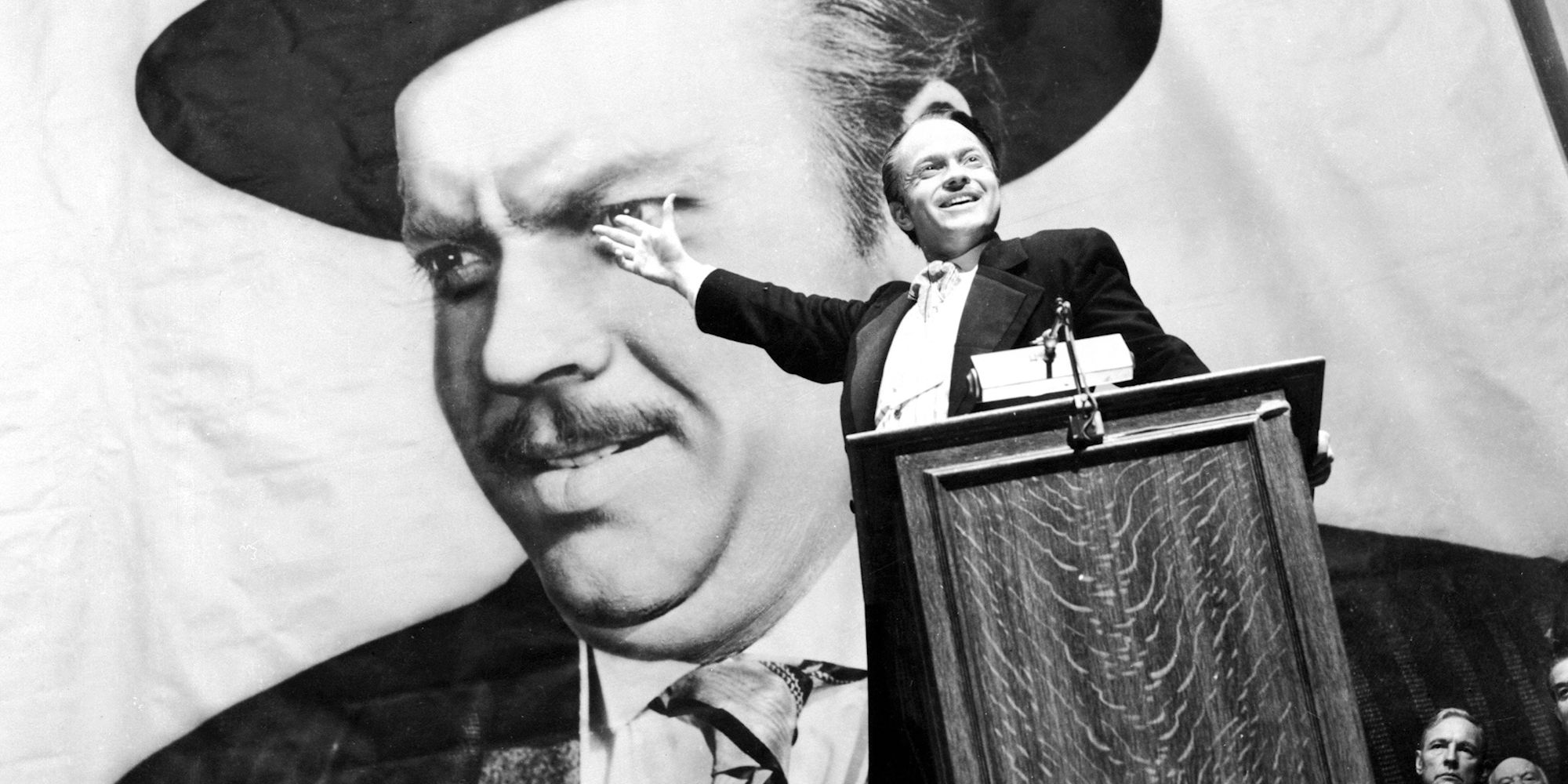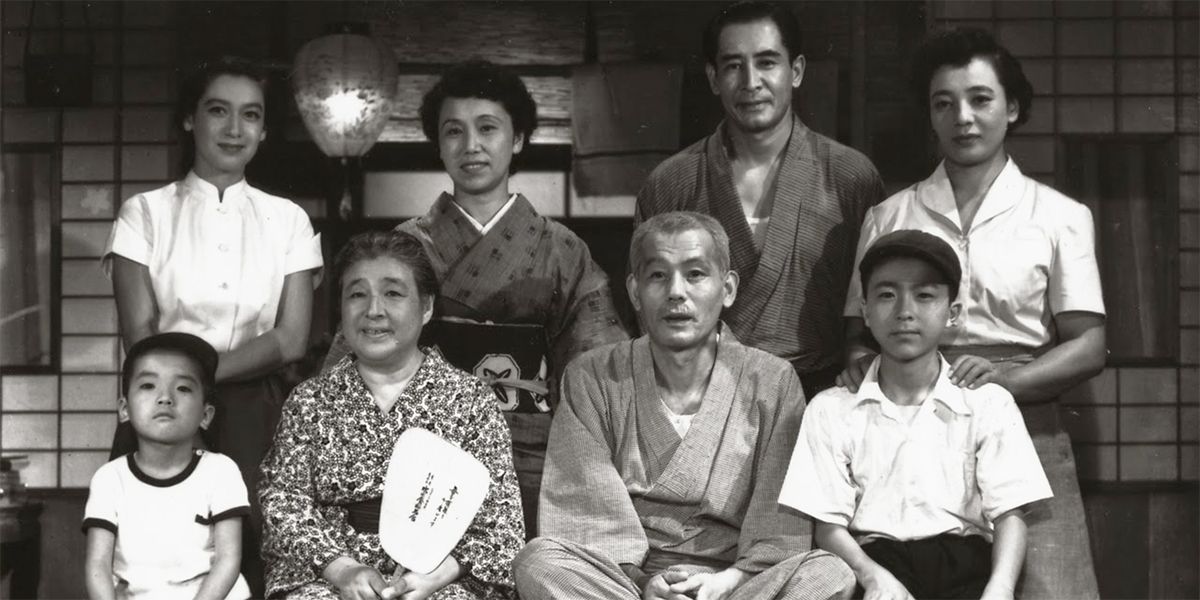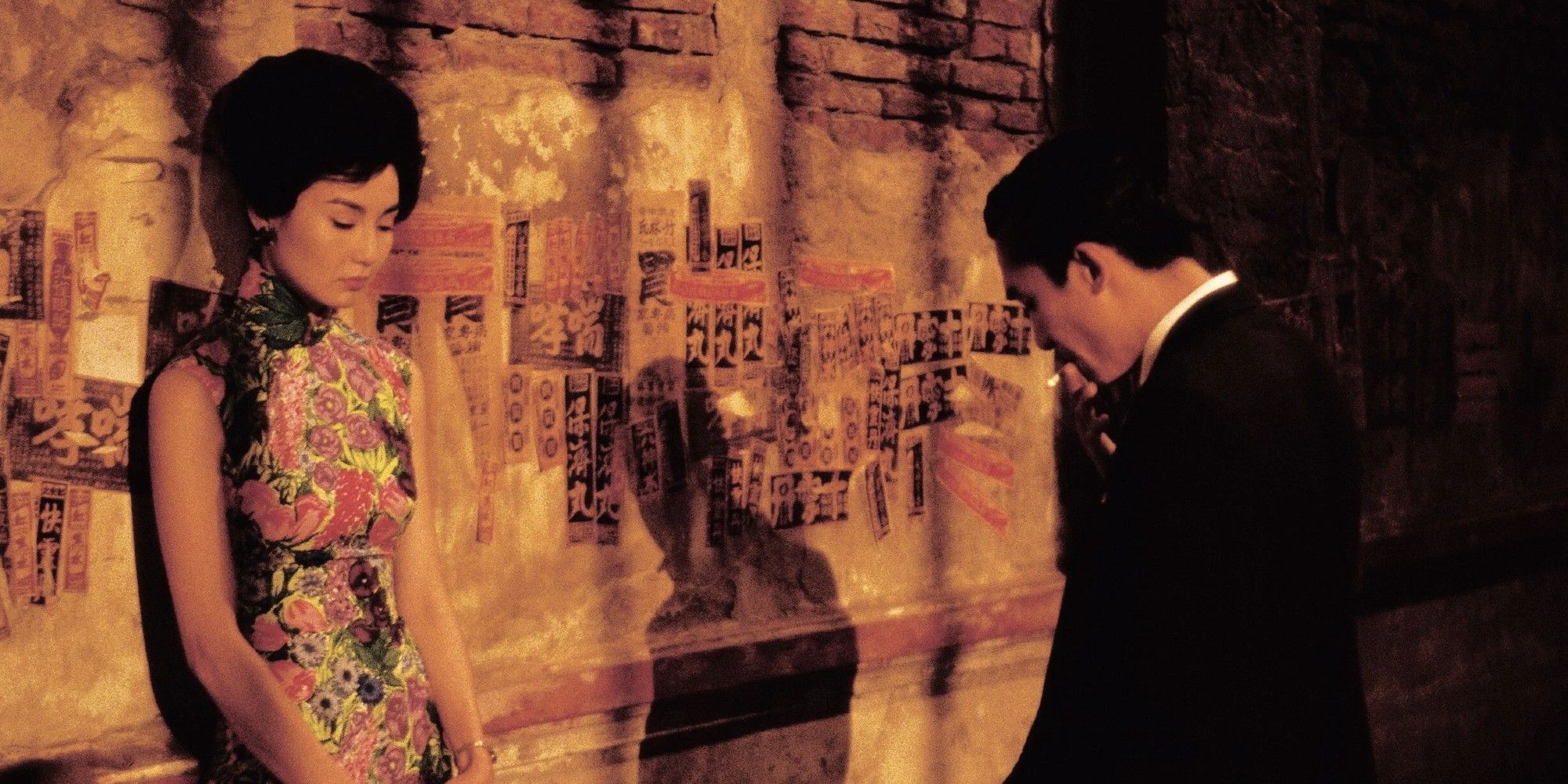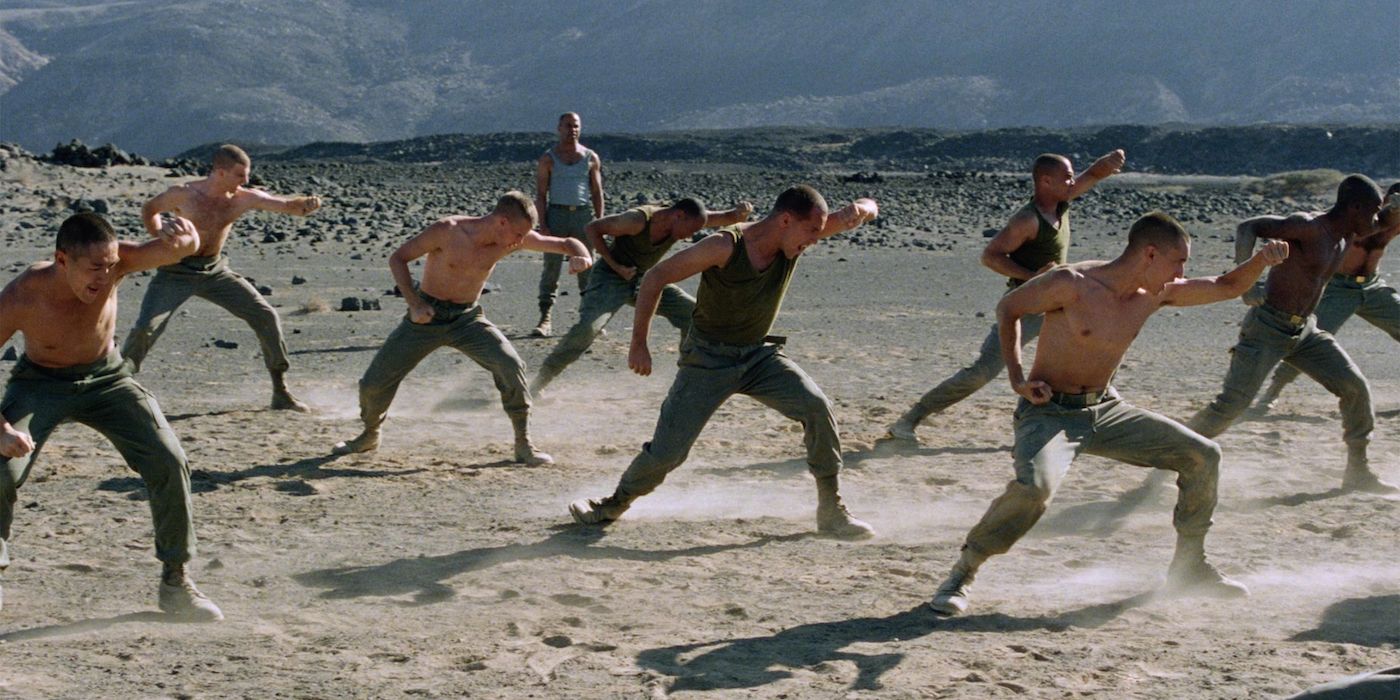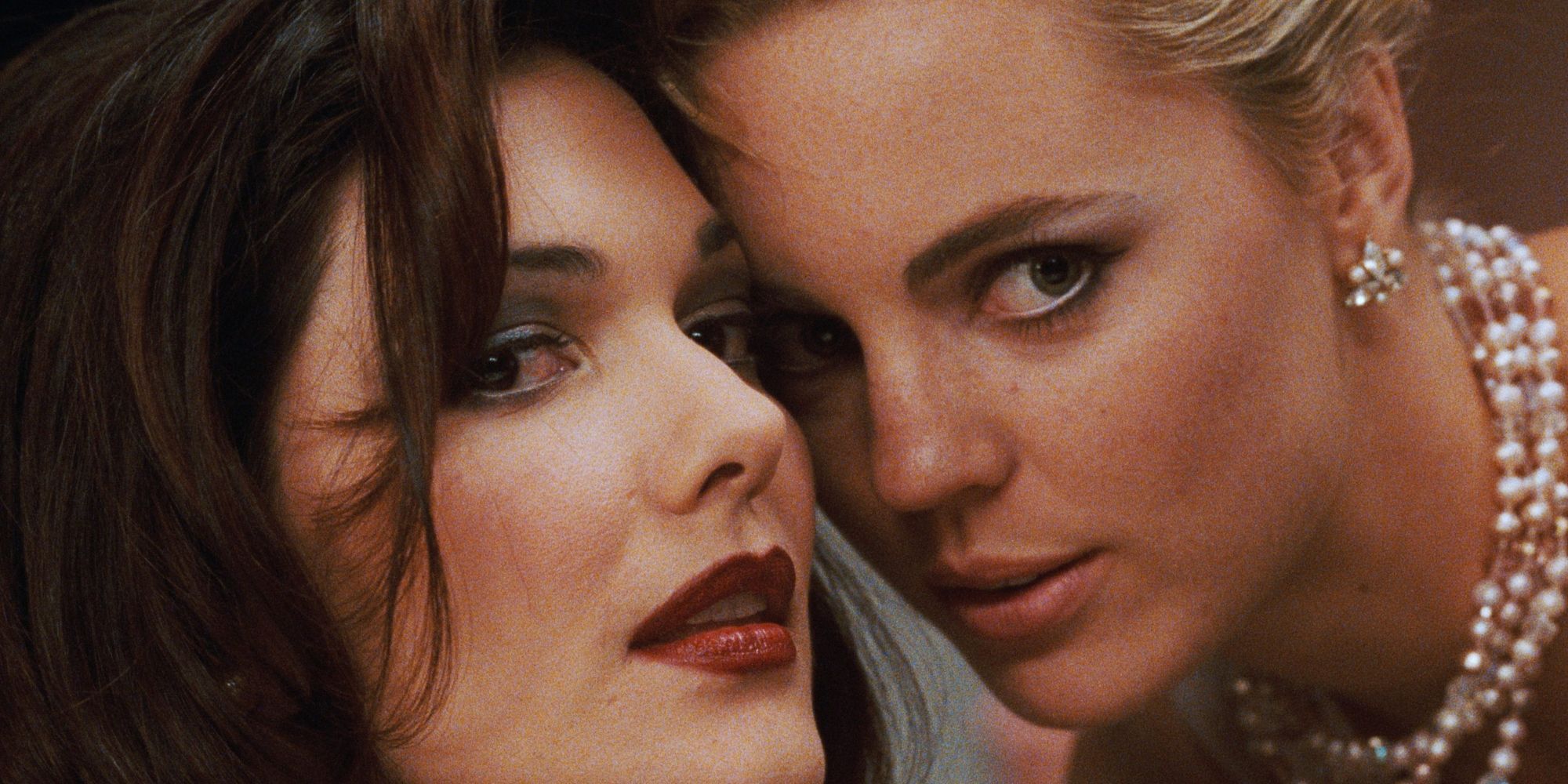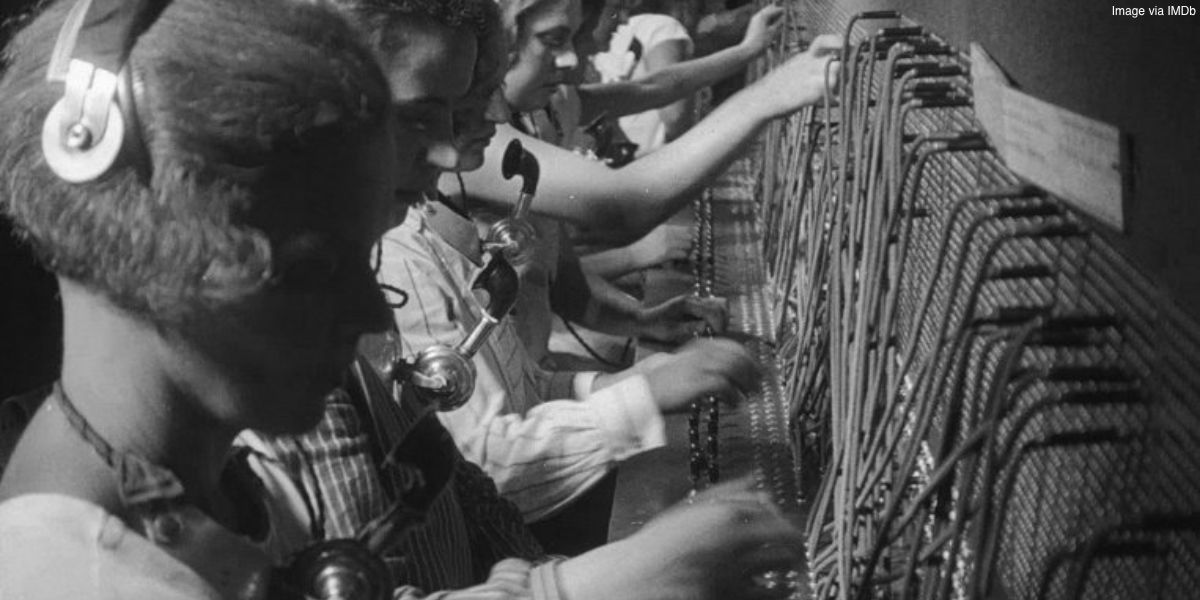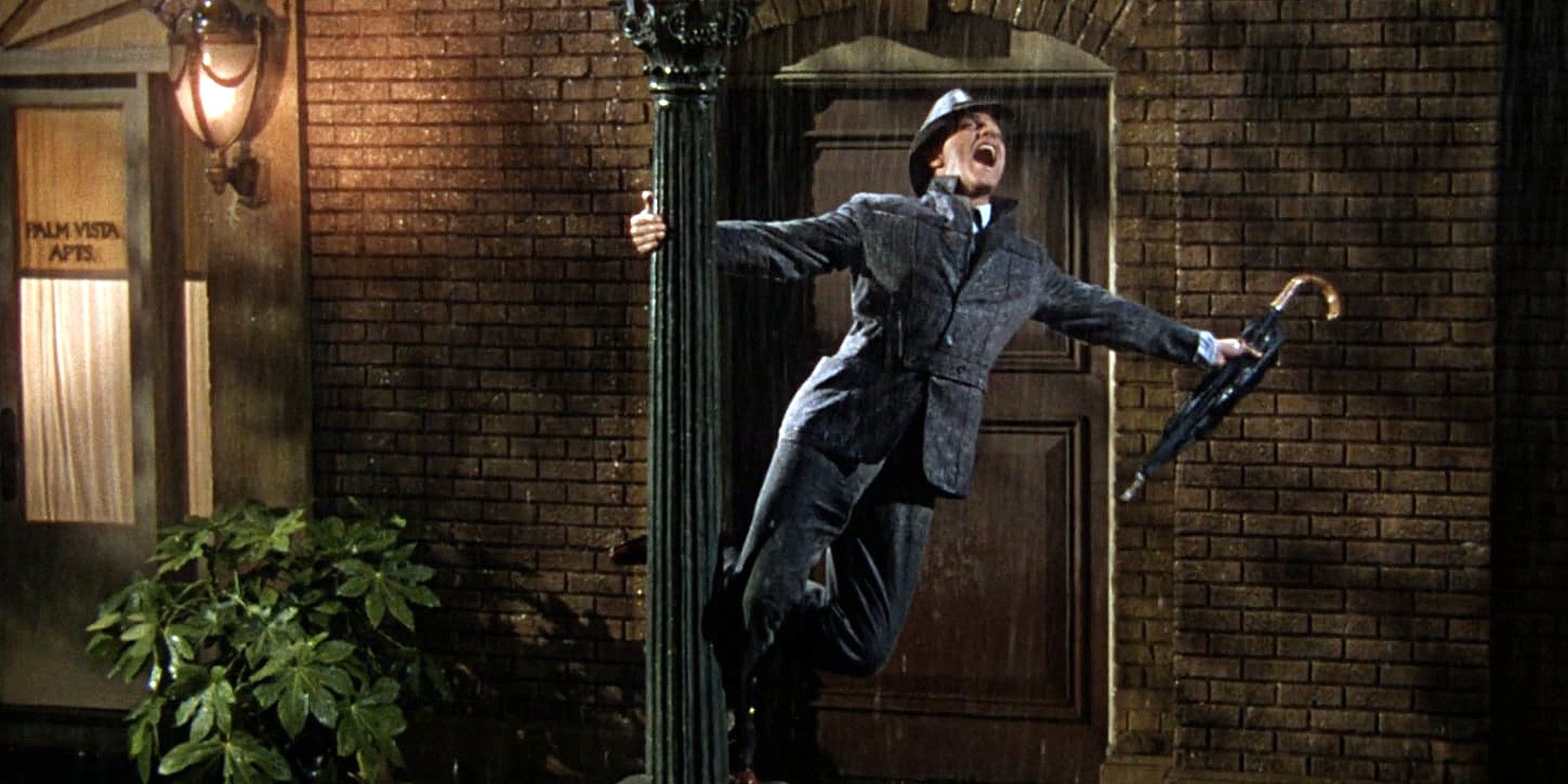Every 10 years, the British Film Institute publishes a list of the "Top 100 Greatest Films of All Time" in its publication Sights and Sounds. This is an opportunity for critics to weigh in on films that have made a significant cultural impact. Over 1500 film professionals are consulted when compiling this list, including critics, archivists, and programmers.
This list has been published every 10 years since 1952. Jeanne Dielman, 23 quai du Commerce, 1080 Bruxelles is the first film directed by a woman to end up in the top spot of the list. Other well known films that made the cut include 2001: A Space Odyssey and Singin' in the Rain. Each of these films has had a unique impact on film that can still be felt today.
Jeanne Dielman, 23 quai du Commerce, 1080 Bruxelles (1975)
Jeanne Dielman, 23 quai du Commerce, 1080 Bruxelles is an in-depth character study of Jeanne Daleman (Delphine Seyrig), a widow whose life unravels through the course of the story. Director Chantal Akerman critically examines female empowerment in a society that strictly regiments the role of women. As the audience gets to know Jeanne on a deeper level, her actions become more understandable.
This film has gained notoriety over time, and is considered by many to be a feminist work of art. It's analysis of sex and sexuality through a female lens made in controversial in its day. However, it's been re-examined in current times, particularly for how it's narrative integrates feminist themes.
Vertigo (1958)
Vertigo is a psychological thriller from Alfred Hitchcock. The movie tells the story of a detective (James Stewart) who develops a phobia of heights after the death of a fellow police officer. The twists and turns are vintage Hitchcock, and the story itself gets more complex as it unfolds.
The way that this story is able to unfold, and keep the audience guessing, remains a blueprint. Additionally, in the decades since its release, the movie has been analyzed for its portrayal of male obsession with women around them. With modern sensibilities regarding stalking and consent (or lack thereof), this story has taken on a new meaning for a modern audience.
Citizen Kane (1941)
Orsen Wells' Citizen Kane has long been considered the height of auteur filmmaking. This is the semi-biographical story reflecting on the legacy of media and business moguls William Randolph Hearst, Joseph Pulitzer, Samuel Insull, and Harold McCormick. Starring Orsen Wells himself, the film tells the story of fictional magnate Charles Foster Kane.
There are many reasons why this film is rightly remembered as one of the greats. It has a powerful message about the consequences and realities of mass media manipulation. This film was also released at a particularly opportune time, just before World War II, when many were considering the costs and benefits of isolation vs. intervention in world affairs. These questions have been asked ever since, and that remain relevant today.
Tokyo Story (1954)
Yasujirō Ozu's Tokyo Story tells the tale of the Hirayama family in post-World War II Japan. The movie explores themes of family dysfunction, and how one family has to find a way to re-connect as they themselves grow and evolve, at the same time as their nation is coming out of World War II. Additionally, viewers can expect a meditation on one's destiny.
Much of what makes Tokyo Story so enduring is that it captured the post-World War II of Japanese family life. This is another film that is all about letting the story unfold slowly. So much of the exposition is revealed through dialogue, rather than being shown. While this may not be to everyone's taste, this structure compels viewers to sit with each reveal and each element of the story.
In the Mood For Love (2000)
In the Mood for Love is a Wong Kar-wai film starring Maggie Cheung and Tony Leung. It is the story of two people who seem destined by fate to be kept apart. The story spans several countries, and so many missed opportunities for connection between the protagonists. The film is remembered for moving performances from the two leads.
This movie is all about life, and the cruelty of the passage of time. This is such a human story, in every way, which is likely why it has had such a lasting impact. The themes of lost love, and the eternal question of what could have been, resonate with viewers to this day. The film is an almost brutal commentary on the depths of loneliness, which can make it a heartbreaking watch.
2001: A Space Odyssey (1968)
One of director Stanley Kubrick's most iconic films is 2001: A Space Odyssey. In a way, this movie is a futuristic horror, and a commentary on humanity's relationship with technology. The story follows astronauts battling the danger of space, as well as the danger of technology. HAL, the movie's villain, is more of a concept as an AI program.
This film has a controversial legacy. For some viewers today, it is simply remembered as too cerebral and esoteric to actually be enjoyed. Much of the film's impact revolves around the technological innovations that it contributed to filmmaking. Fans point out the film is a deep meditation on the fragility of humanity, and our infinite smallness when compared to the greater universe.
Beau Travail (1998)
One of two movies directed by a woman in the top 10 of this list, Beau Travail is a French drama from Claire Denis. The movie is based on the novella Billy Budd by Herman Melville. The movie follows members of the French Foreign Legion, who are stationed in Dijbouti.
Beau Travail is still noted for its innovative camera work and use of scenery. The movie is also remembered as visionary as an adaptation of a work of literature. There is also a critical examination of colonialism and male relationships in the context of a patriarchal society. It has to be noted as well that the ending dance scene is remembered as one of the most iconic in cinematic history.
Mulholland Drive (2001)
Mulholland Drive is a surrealist thriller from David Lynch, and stars Naomi Watts and Laura Harring. It's mind-bending nightmare fuel, as each new twist and turn unfolds. The story follows the aftermath of a car accident. What follows is sure to make any viewer question the reality on which the story is based.
Famously, Lynch has been coy about the meaning of his project. He has been known to encourage speculation regarding exactly what the meaning of the story is. Many have tried to distill the meaning of the alternate versions of realities. There is something to be said about the evolution of one character in particular, and her idealization of her own life.
Man With a Movie Camera (1929)
Man With a Movie Camera is a silent documentary by Soviet filmmaker Dziga Vertov. It was filmed by Vertov's brother, Mikhail Kaufman and edited by his wife, Yelizaveta Svilova. There is no story. Rather, viewers are Soviet citizens going about their daily lives, and interacting with the technology of the time.
Man with a Camera experimented with various filmmaking techniques. It's a personal, intimate look at everyday Soviet life. This is an early example of documentary filmmaking that had to find a way to showcase subjects authentically.
Singin' in the Rain (1952)
This romantic comedy is a classic movie about movies, specifically Hollywood in the 1920s. Featuring beloved performances by Gene Kelly, Debbie Reynolds, and Donald O'Connor, Singin' in the Rain is about the transition from silent films to "talkies".
So much of what has made this movie beloved is still evident today. Hollywood has always loved movies that reflect on the industry itself, and the people in it. At the end of the day, it's just so darn charming.

